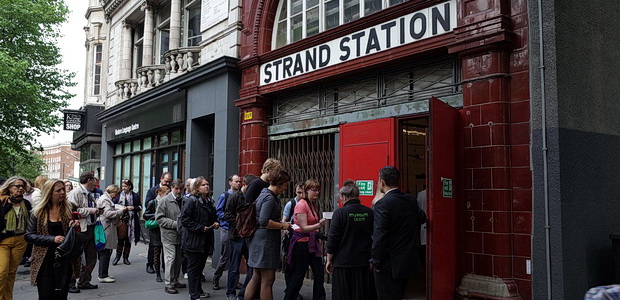
Located on London’s Strand, a visit to the depths of the disused Aldwych tube station is something of a holy grail for transport fans.
Although London Transport are known to occasionally serve up a tiny offering of tickets for guided tours, by the time you’ve heard about it, they’re usually long since sold out.
I finally got lucky recently and on Thursday joined a group of 30-odd people on a fascinating visit to the station. I took my camera with me and grabbed this collection of around 70 photos from the station. I hope you enjoy them.
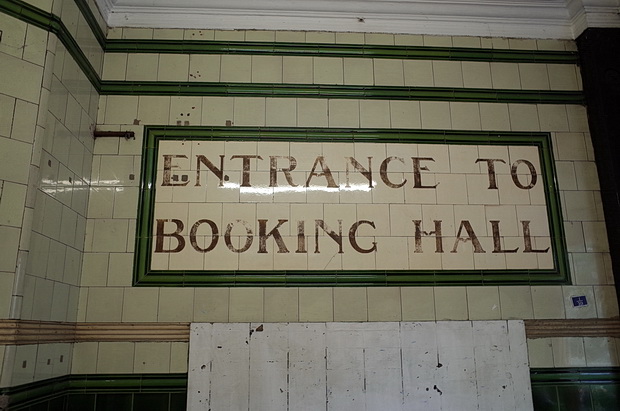
Dating back to Edwardian times and closing in 1994, the station was known as the Strand until 1915 and formed part of the Piccadilly line network. Above you can see the original sign for the booking hall.
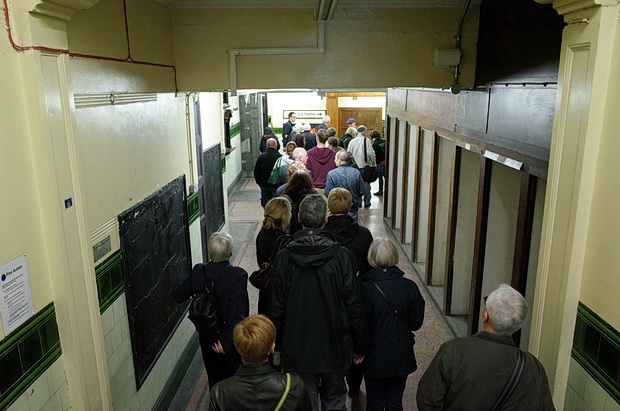
The group walk through the entrance on the Strand into the booking hall area, with a line of old phone box booths to the right.
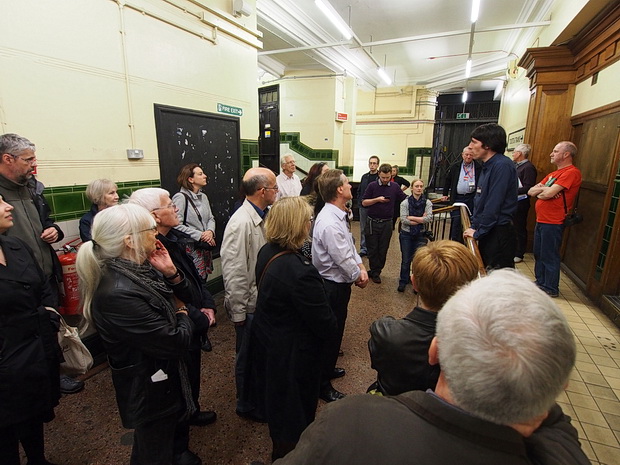
Seeing as we were about to be walking around a disused station with wobbly floors and hundreds of steps to walk up and down, there was a shedload of ‘elf and safety items that we needed to be told about.
Thankfully, they were delivered with a decent amount of humour by the fella in the dark blue shirt.
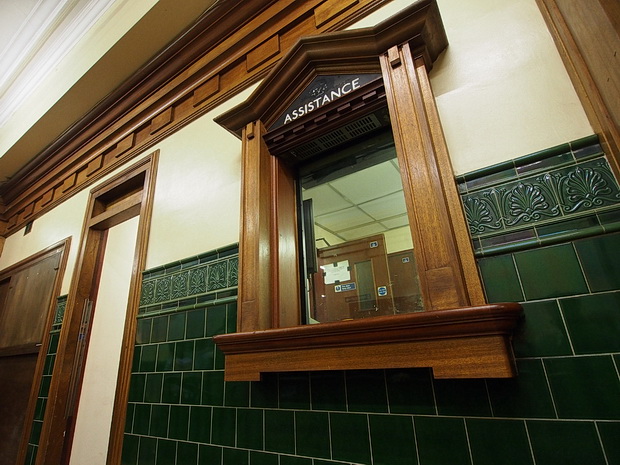
A late addition to the station was this heritage styled ticket office that installed in the late 1980s.
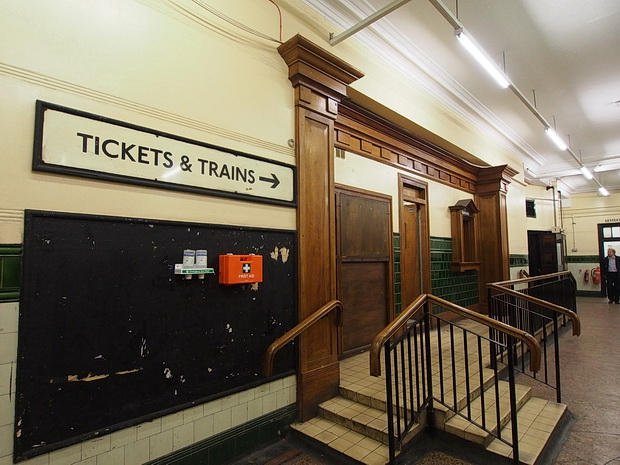
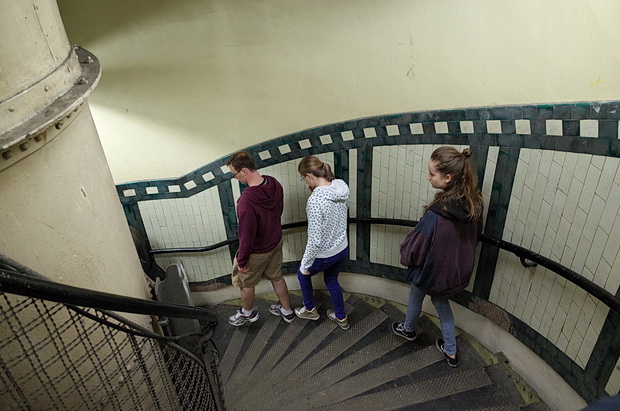
Heading down the 160 steps to the platforms. The tile work was in pretty good condition throughout.
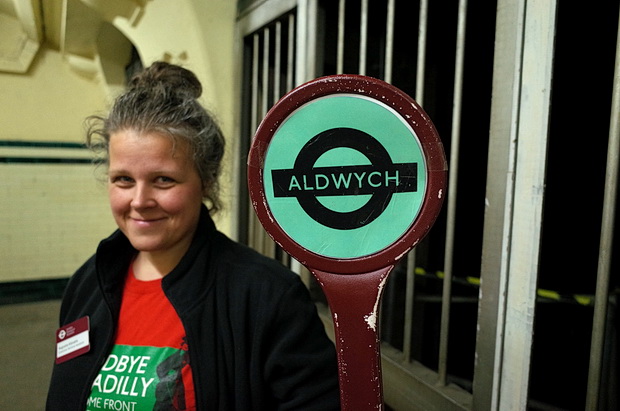
One of the volunteer guides.
The Strand branch opened until 30 November 1907, and was served by shuttle trains running from Holborn into the two platforms at the station.
With low traffic levels from the start, the second platform was taken out of use as early as 1914.
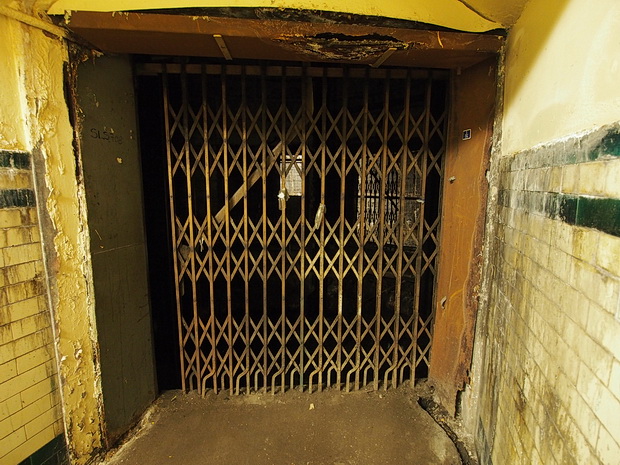
In anticipation of the never-fulfilled promise of the line being extended to Waterloo, the station was generously provisioned with three circular lift shafts able to accommodate six trapezium-shaped lifts.
In the end, cutbacks meant that only one of the shafts was fitted out with a pair of lifts.
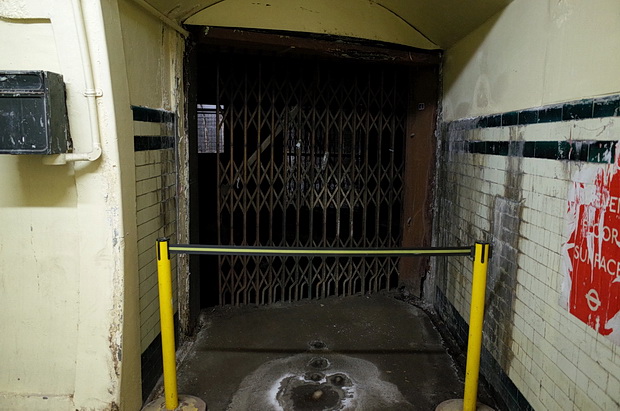
A lift that was never put into commission.
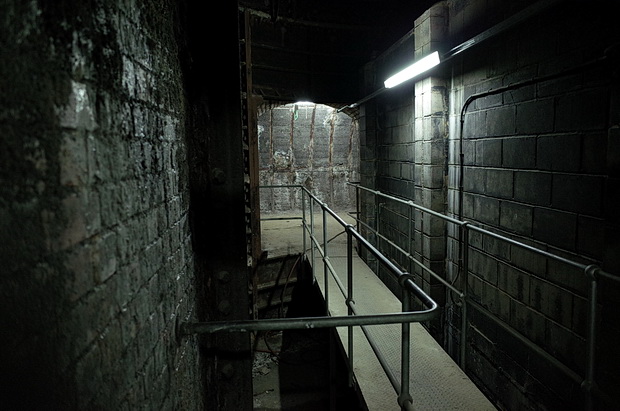
As an economy measure, only one set of stairs and passages to the platforms were built (see illustration below), and in this view, you can see the unfinished passenger space opposite.
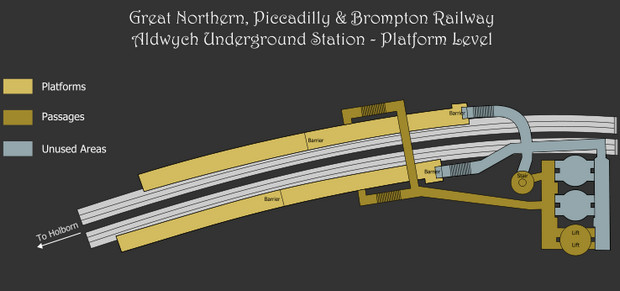
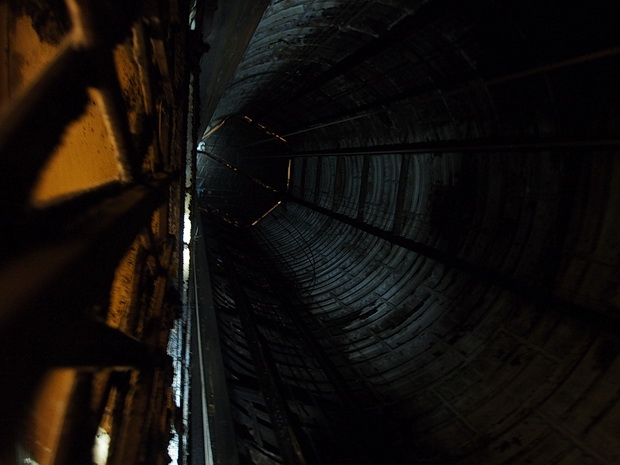
Looking up the single lift shaft that was used during the life of the station.
Above you can see the outlines of the two lifts which are now welded in place as a safety measure.
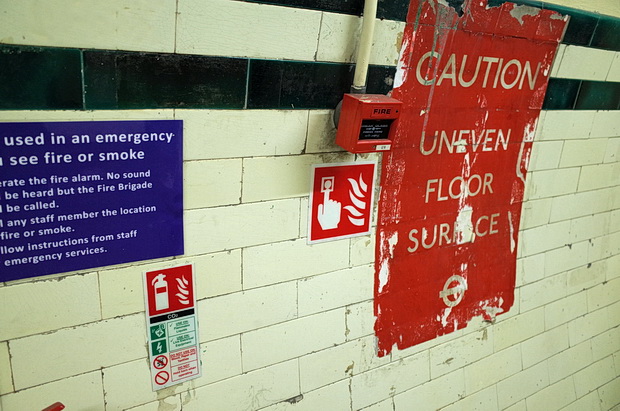
The depth of the station meant that it was used extensively as a public shelter during World War 2, with parts of the site used for storing precious national works of art.
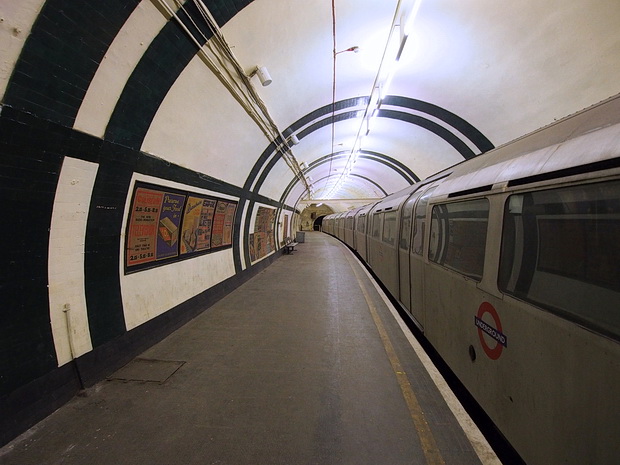
Arriving at the track level, there was an old 1970s tube train parked in the western platform, looking like it was ready to depart to Holborn.
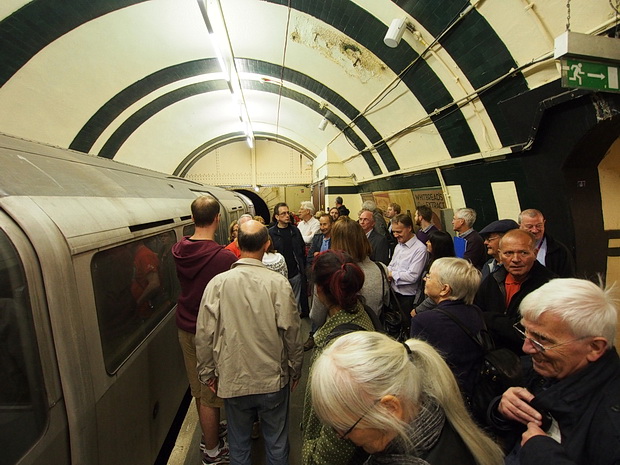
Short, snappy and rather entertaining talks were delivered by the volunteer guide.
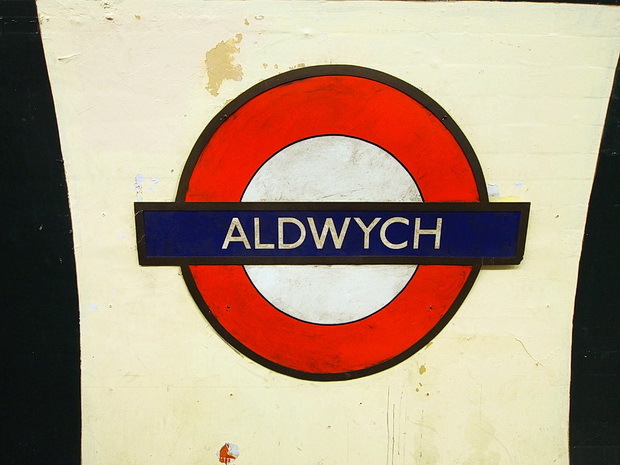
Much like the nearby Kingsway tram tunnel, the station is still used extensively for filming, so a lot of the things we saw on the platform (like this tube sign) aren’t actually authentic.
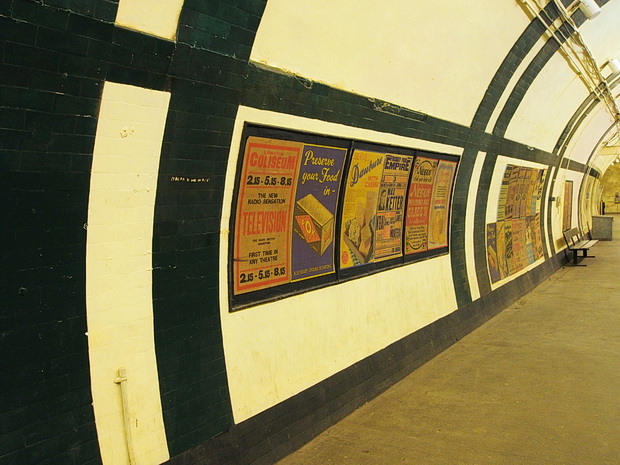
Some recent filming had left the platform with a rather splendid collection of replica wartime posters.
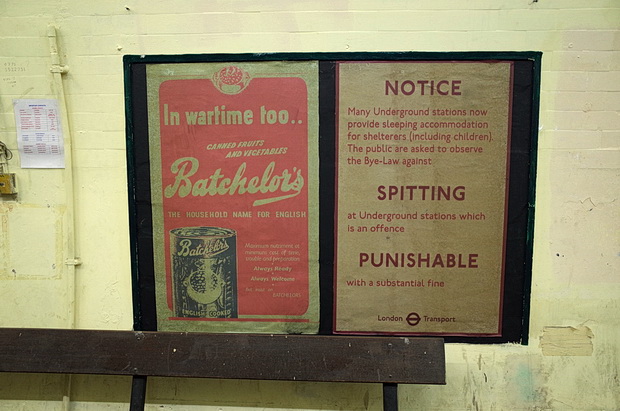
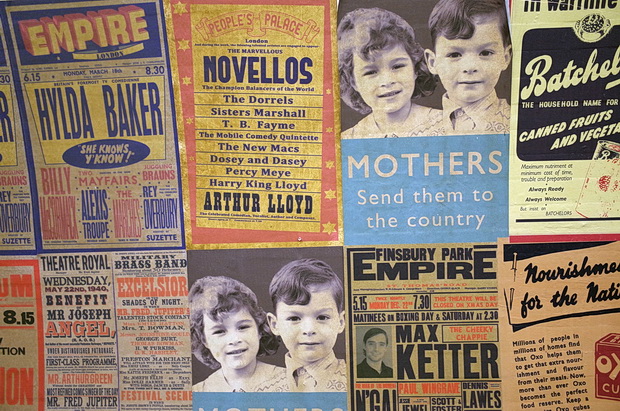
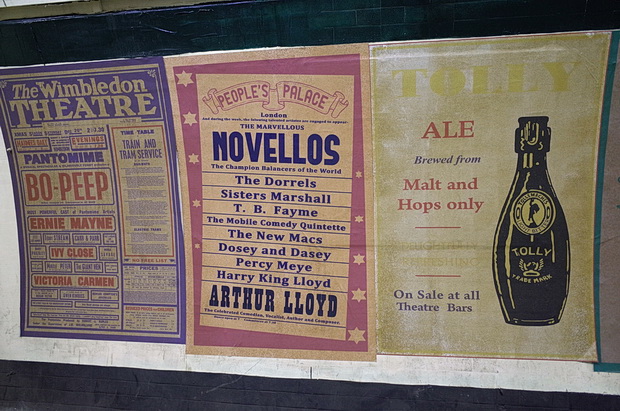
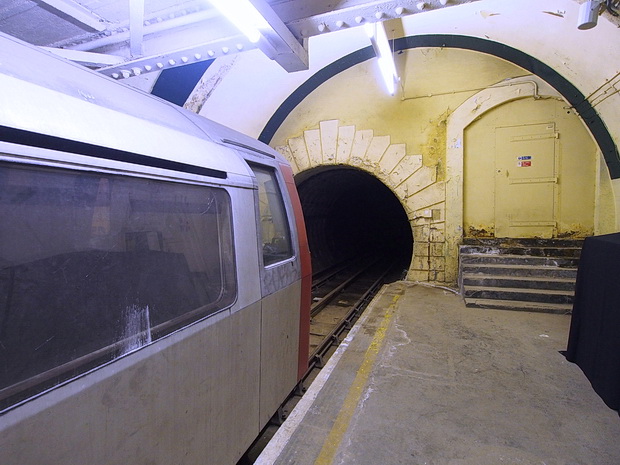
Note up the blocked doorway to the right – this was one of the passenger exits that was never put into use.
If things had worked out differently the tunnel would have continued under the Thames to Waterloo.
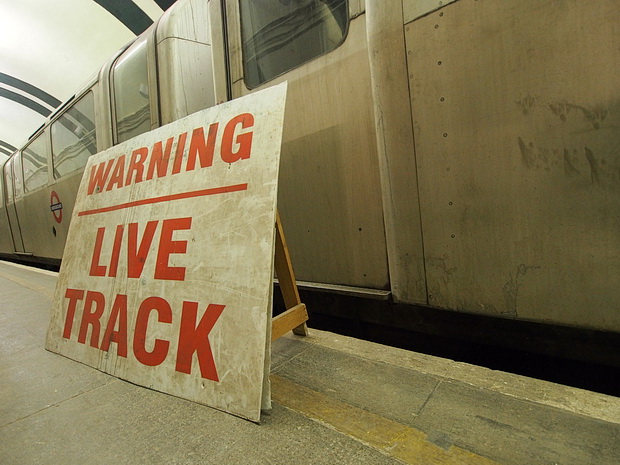
The line is still connected to the tube network at Holborn, although it requires manual operation.
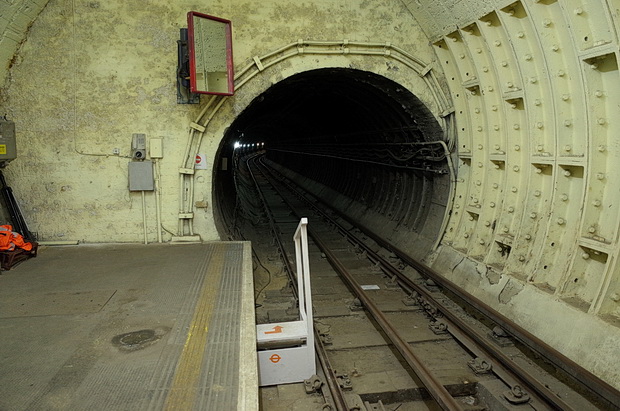
Looking north towards Holborn.
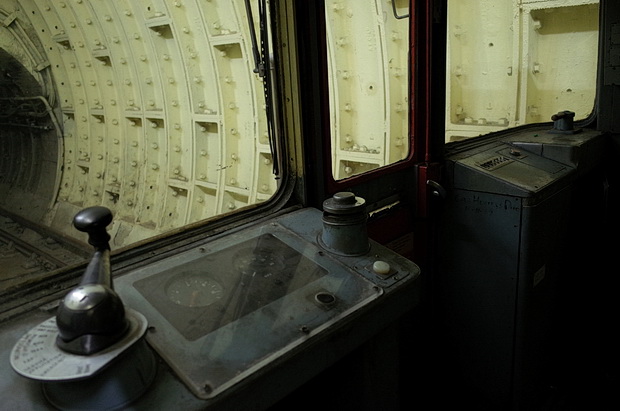
A look inside the driver’s cab.
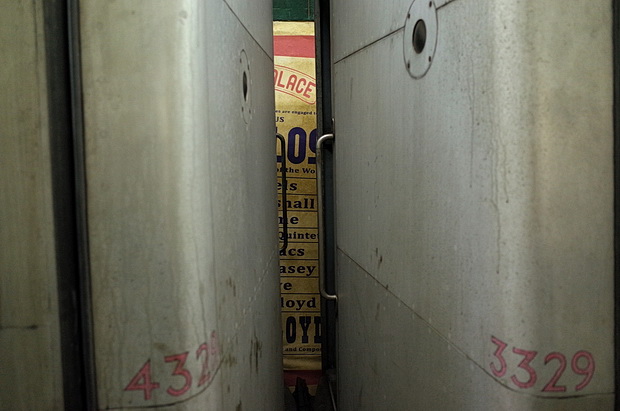
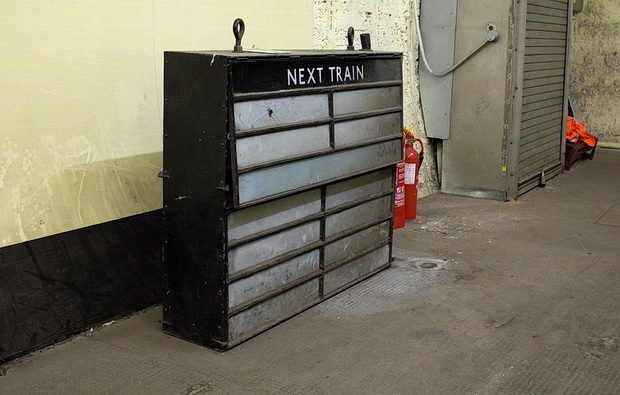
Old station indicator.
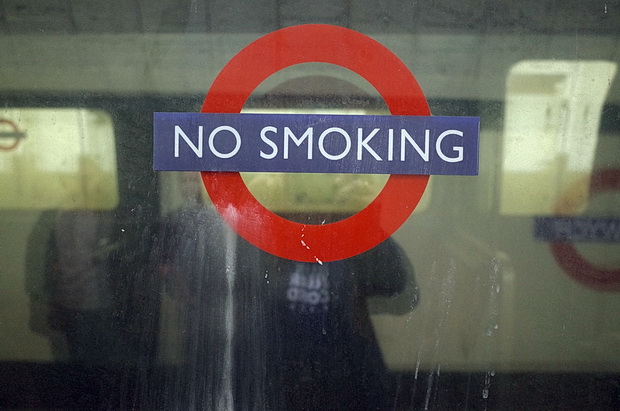
It seems incredible now, but smoking was allowed in certain carriages of tube trains until 9 July 1984. The smell of a smoking carriage was not a pleasant one first thing in the morning.
Smoking was banned for a six-month trial period in all parts of the Underground in mid-1987, and after the tragic King’s Cross fire in November 1987, and the ban was made permanent. [—]
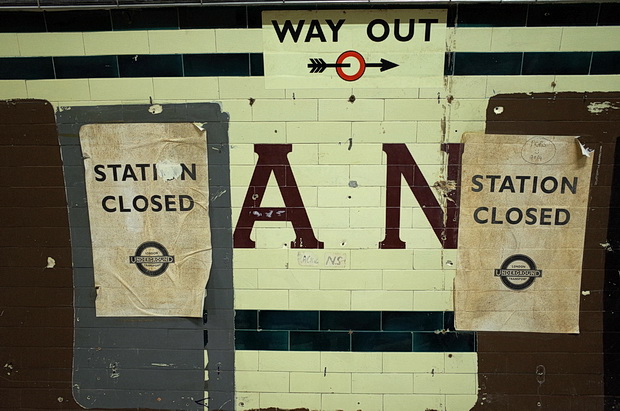
We moved across to the long abandoned eastern platform where part of the original station name can be seen in the tiling (as in the ‘A N’ from ‘STRAND’).
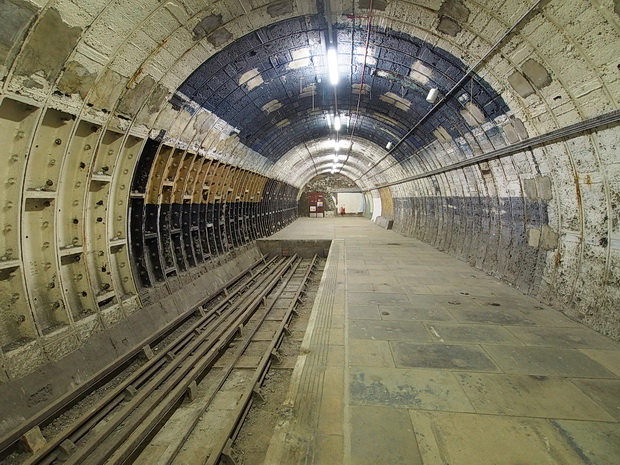
The second platform has been used to set up full scale mock ups of future stations, and was first used for Victoria line proposals in the 1960s.
This view is looking north.
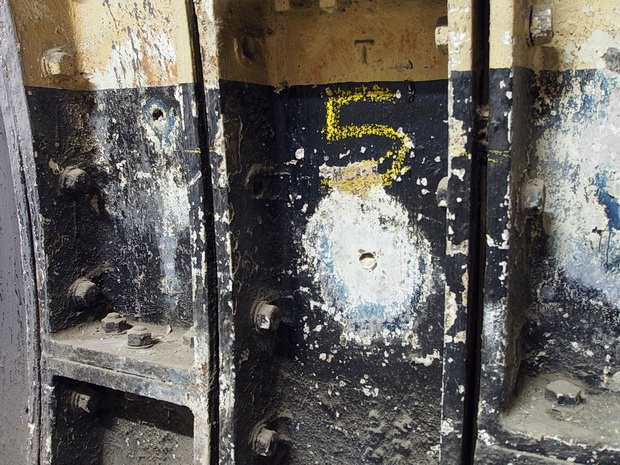
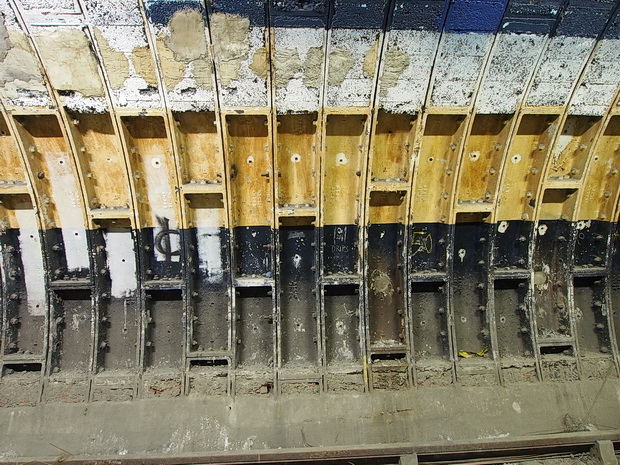
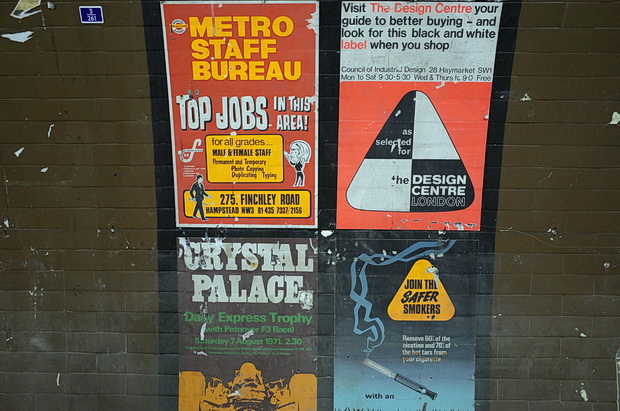
There are still some original early 1970s posters lining the walls. Back then, ‘photocopying’ was a job in itself!

Pro Common Market poster.
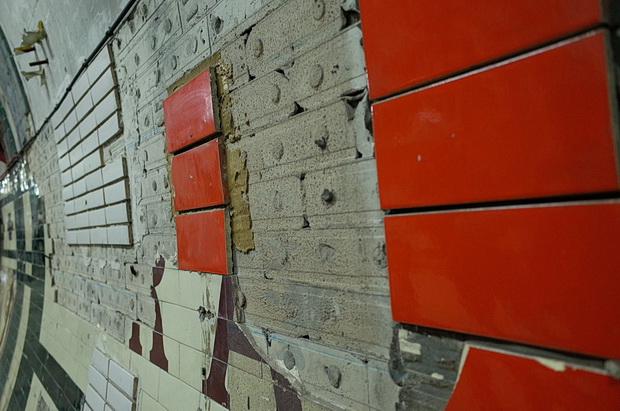
Experimental tiling from the refurbishment of Piccadilly Circus in the 1980s.
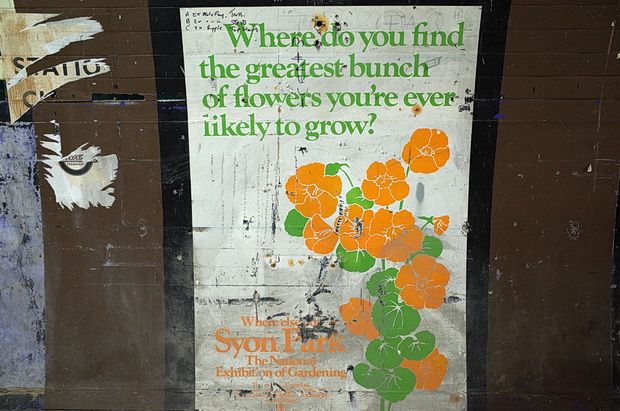
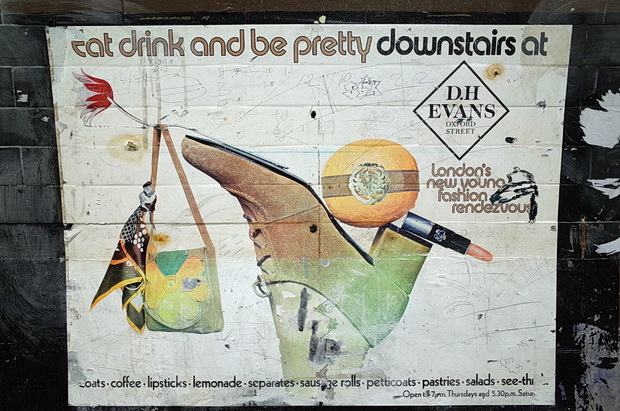
1970s poster for Downstairs at DH Evans, ‘London’s new young fashion rendezvous.’
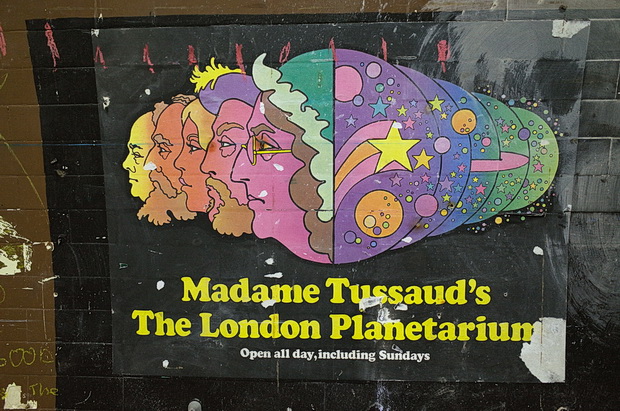
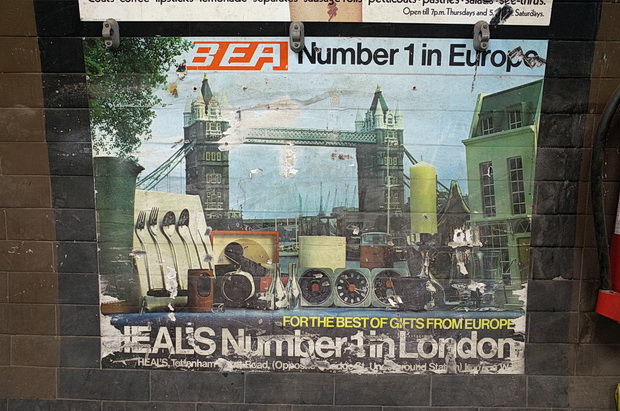
BEA poster.
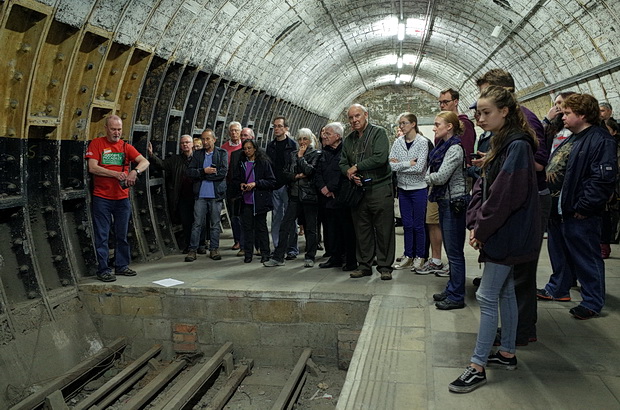
The second platform contains a stretch of Grade 1 listed track.
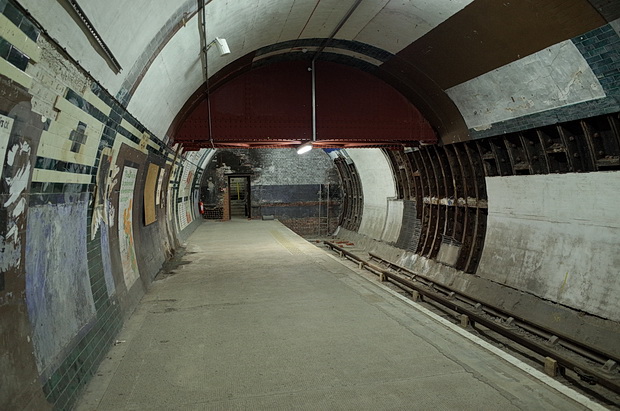
Looking south.
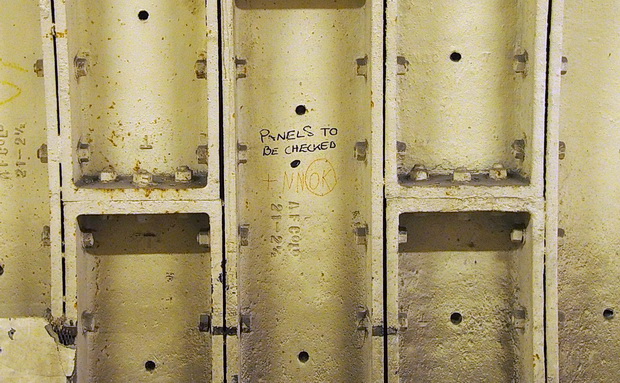
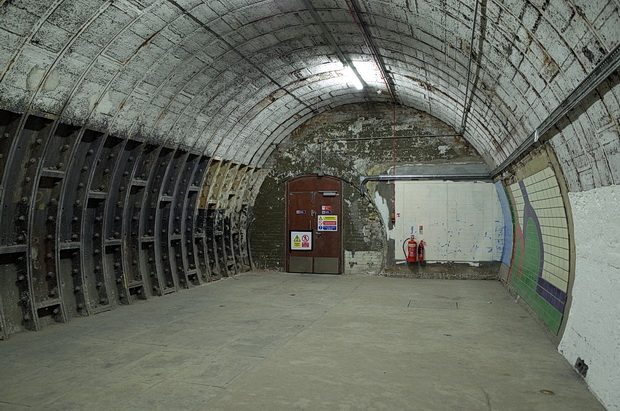
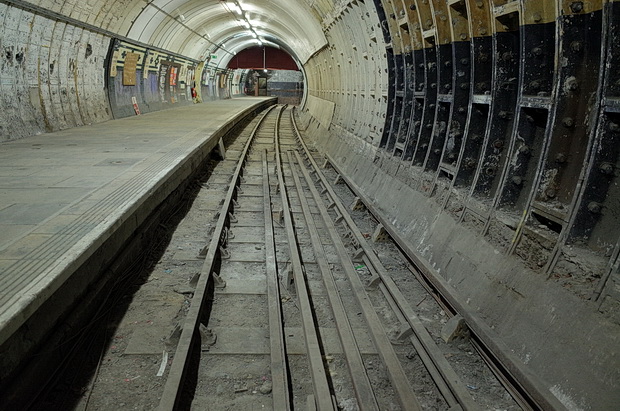
Looking along the track towards Holborn.
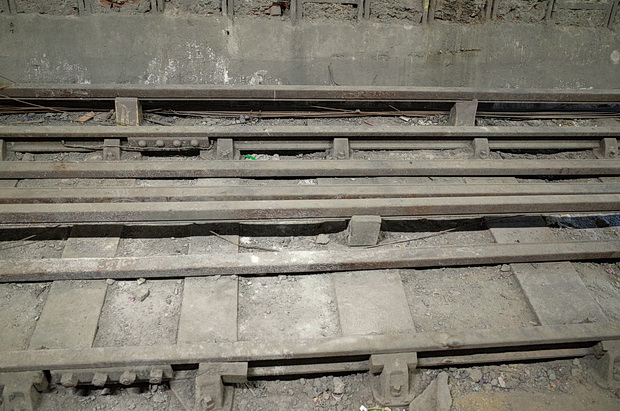
The well preserved Grade I listed stretch of Edwardian track, with wooden sleepers and an early design of insulators.
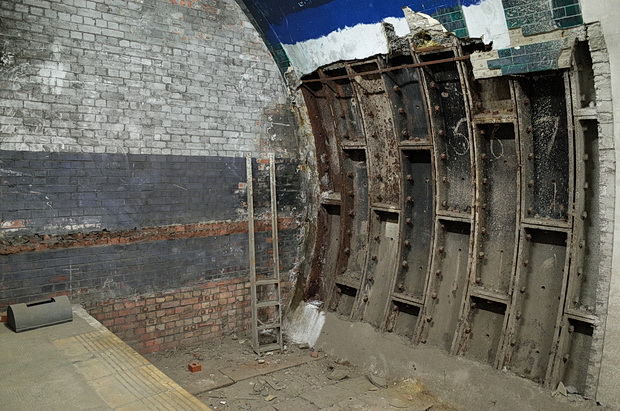
Bricked up tube tunnel.
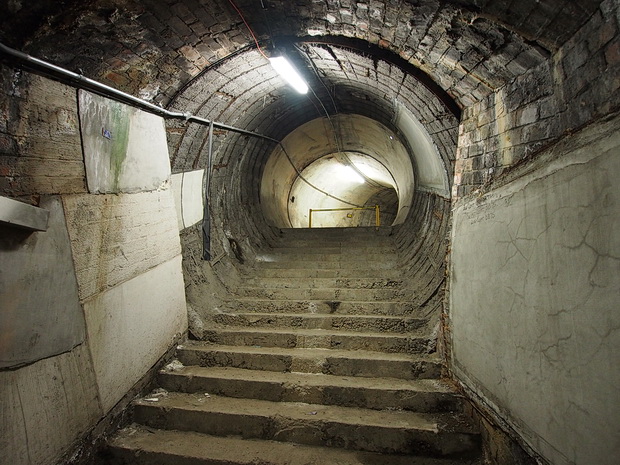
Disused passenger access.
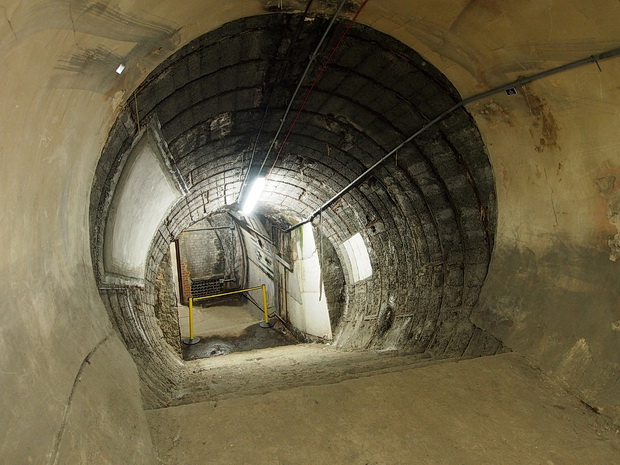
Looking back from the other end of the passage.
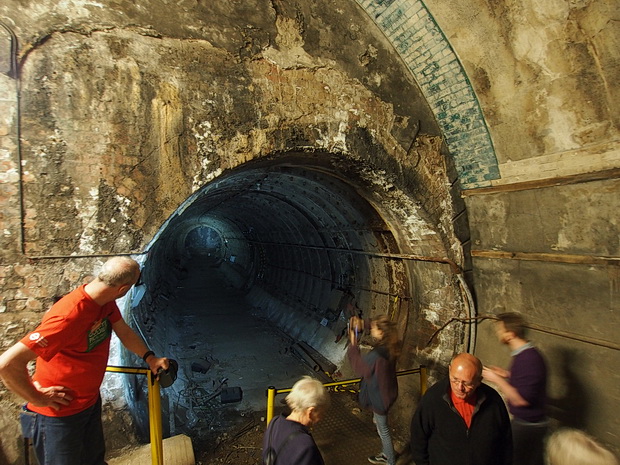
There’ still a pair of old buffer stops at the end of the tunnel.
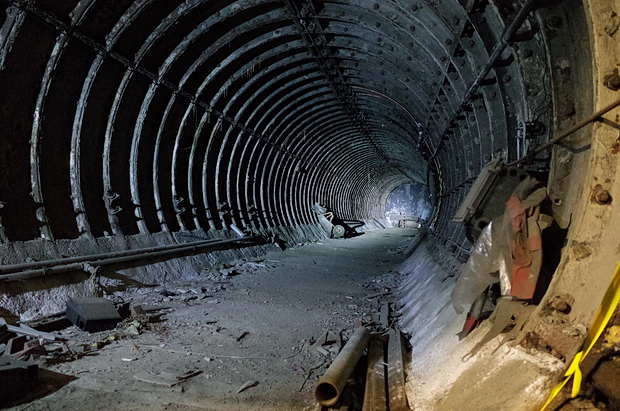
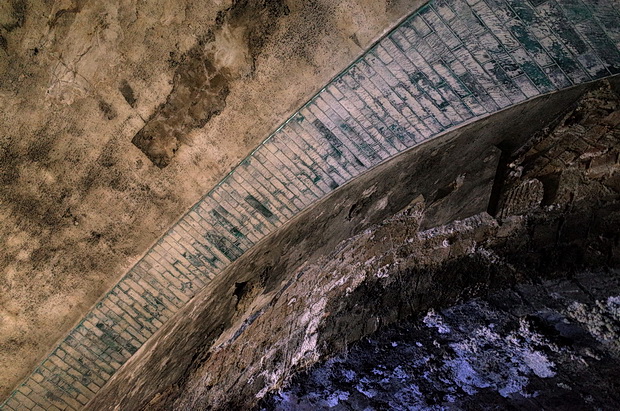
Original piece of Edwardian tiling.
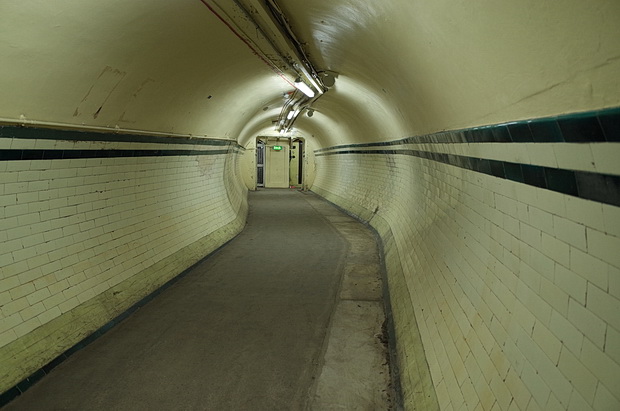
Looking towards the lifts.
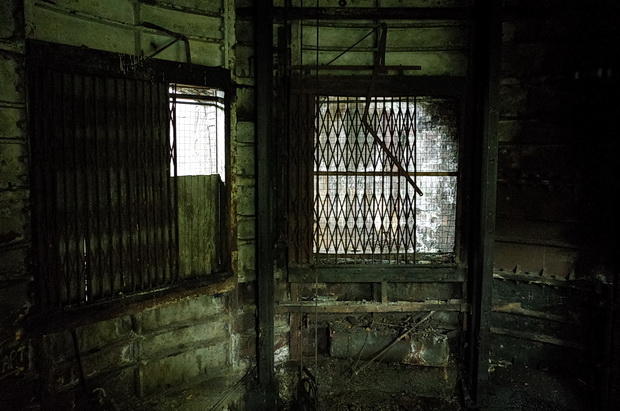
Looking across one of the unused lift shafts.
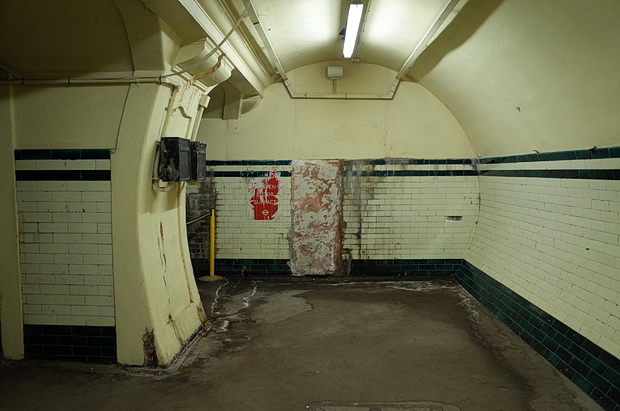
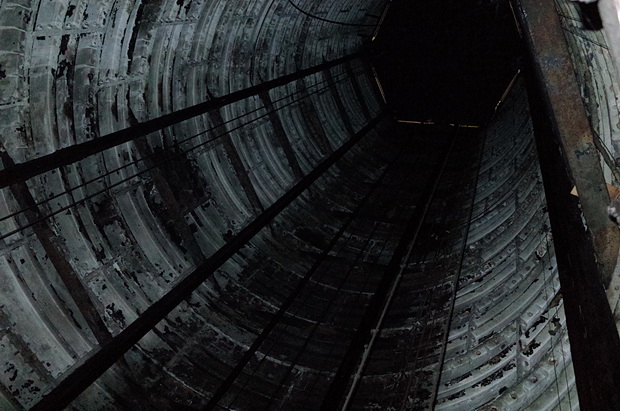
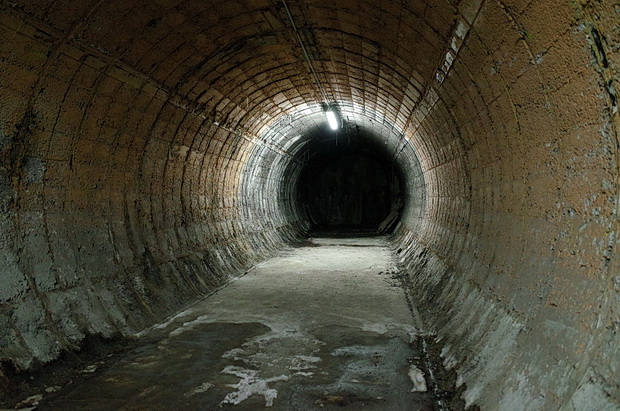
Unfinished passenger tunnels.
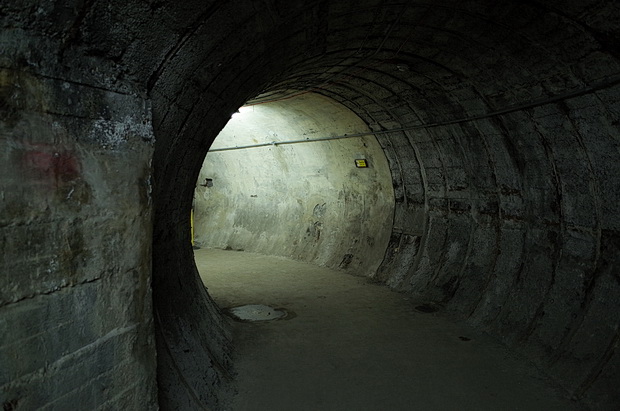
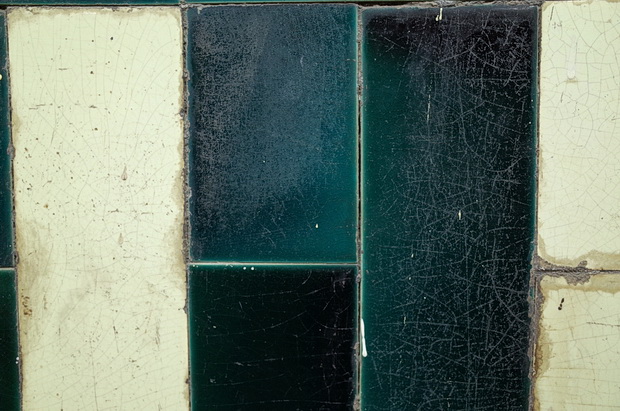
There’s some lovely original tile work on the station.
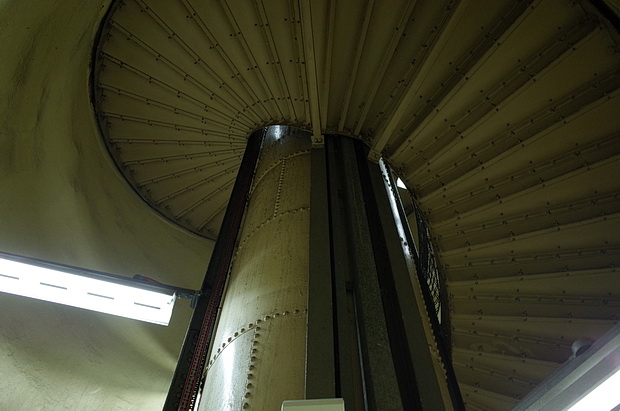
Walking back up the 160 steps to the surface.
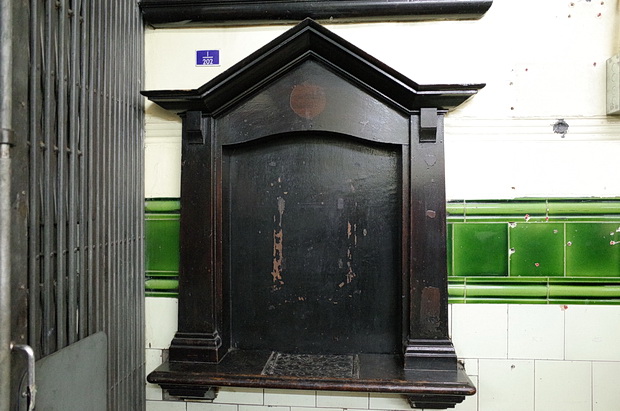
Original booking office window.
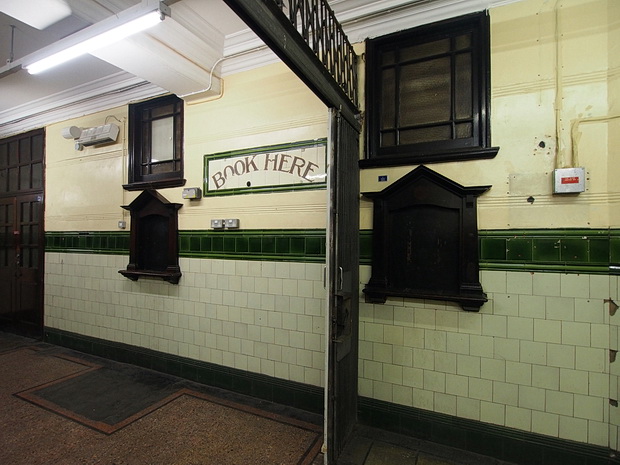
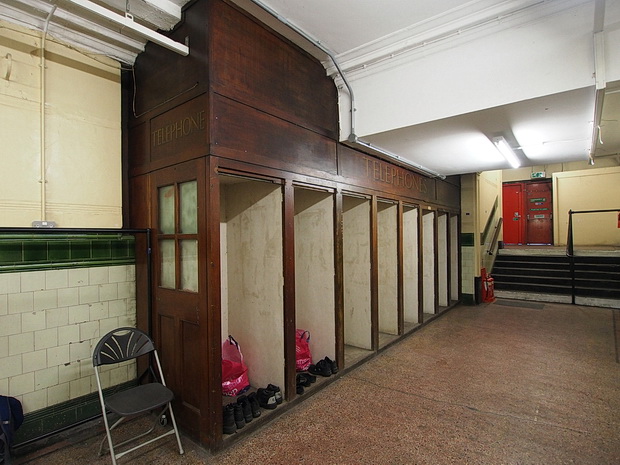
Line of old telephone booths by the booking office.
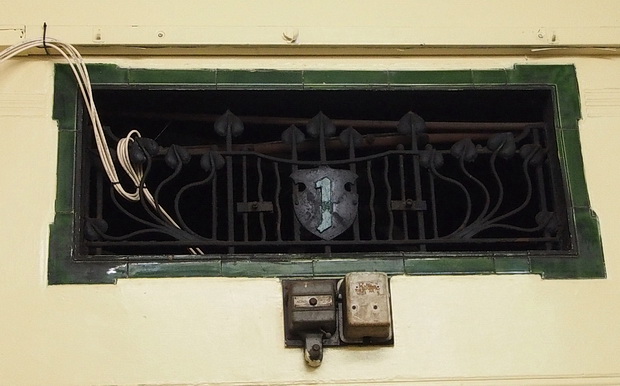
Rather splendid original Art Deco ironwork above the lifts.
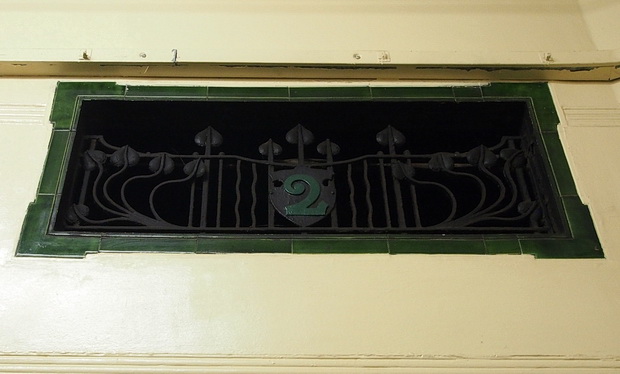
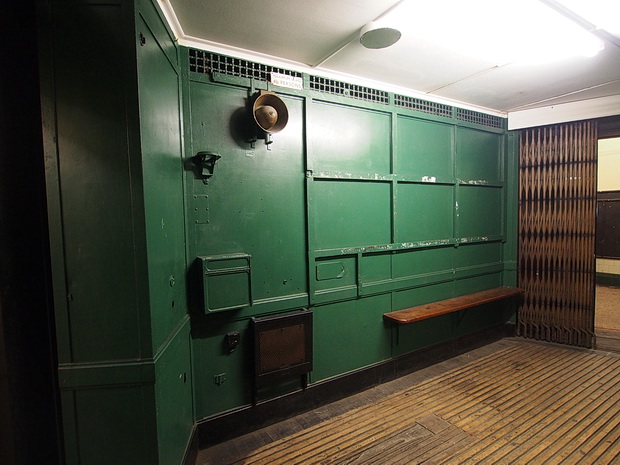
Traffic was so low that in October 1922, the ticket office was replaced by a man selling tickets in the lifts.
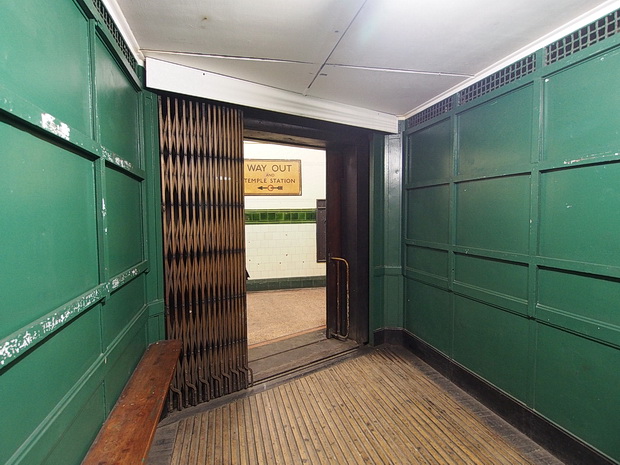
After operating only during peak hours for more than 30 years, the end was finally announced on 4th January 1993.
The £3m cost of replacing the 1907 lifts proved to be the final straw on top of the £150k the line was losing every year.
With only 450 passengers using the station each day and all plans to extend the line long since vanished, the branch closed on 30th September, 1994.
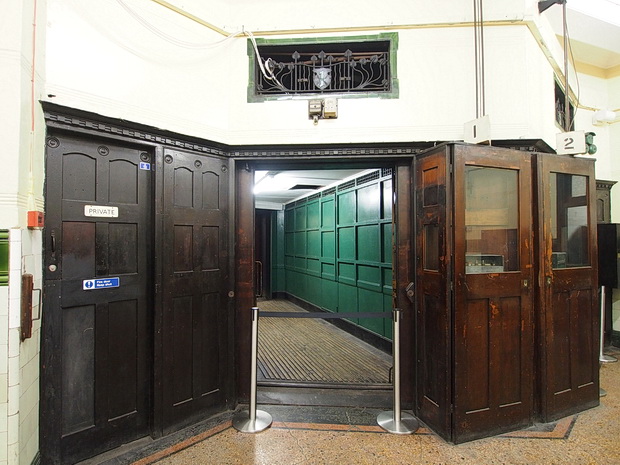
The Edwardian lifts, which no longer function.
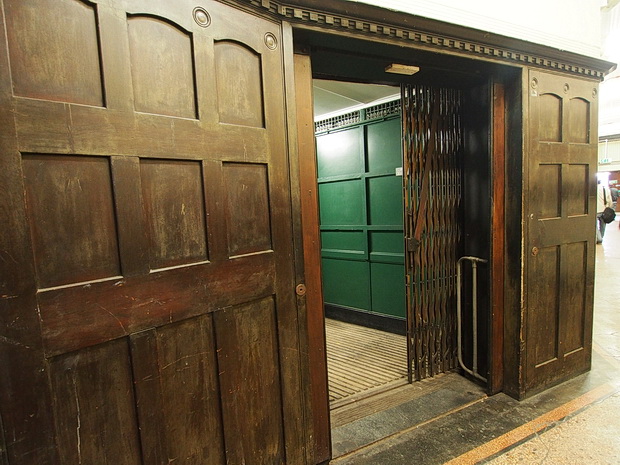
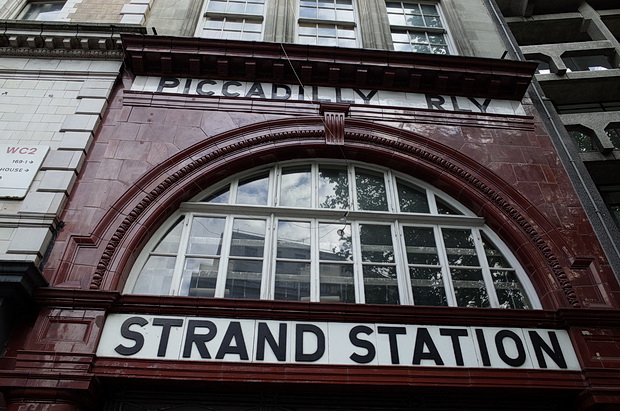
More:
The abandoned Aldwych tube station in London – history and videos
Aldwych station feature (2006)
Chat about the old station on the urban75 forums: Disused Aldwych tube station, London
Aldwych station feature
Aldwych station [Wikipedia]

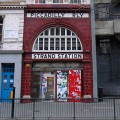
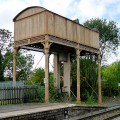
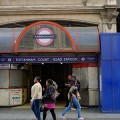

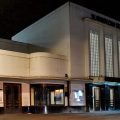
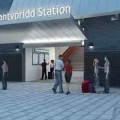
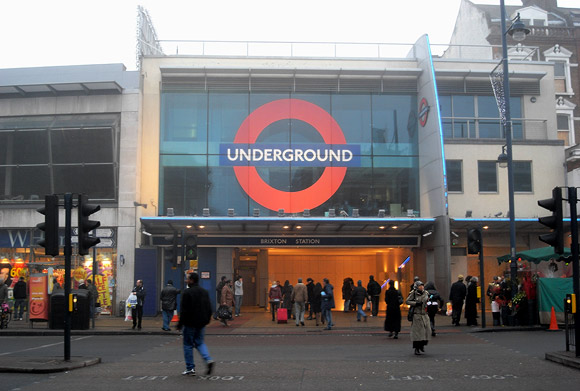
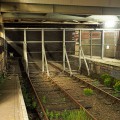



How did you hear of this ? is there a mail listing you been on e something like this before.
Good to get away from group. Silence
I want to visit this station for my a level photography work, how do you visit???
I was lucky one day in the early 00’s, I was walking past and noticed the door open, so I nipped in a for a good look round. Don’t recommend it now though